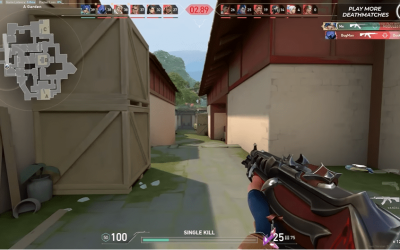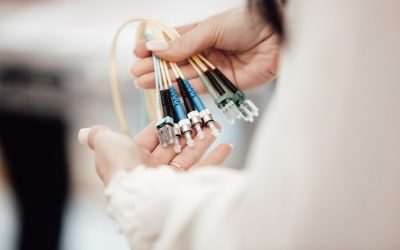Test your current internet speed
Before you get started, test your current internet speed. Use your speed test result as a baseline and compare the results as you go through your journey on reaching a faster internet connection.
SpeedtestWiFi is a convenient tool for working, streaming, and gaming on the go, but when connection is slow it can be incredibly frustrating.
Good news is, there are potential causes for a slow WiFi connection and many of them be easily remedied.
To help get your laptop back up to speed here are 12 possible reasons why your WiFi may be slow:
1. You’re Connected to the Wrong Network:
Check to ensure that you are connected to the right network or a stronger one if available. Weak connections can lead to slower speeds so connect to the strongest signal you can find.
2. Your Router Is Placed in an Unfavorable Location:
If your router is placed too far from where you are accessing the WiFi or has walls blocking it, it may result in weaker signals and thus slower speeds. Place your router somewhere central so as many devices as possible can pick up the connection.
3. Too Many Devices Are Connected:
One of the most common causes of poor WiFi performance is simply connecting too many devices at once. Try disconnecting some devices while working or streaming on your laptop to see if that helps improve speeds.
4. Your Wireless Adapter Needs Updating:
Check with device manufacturer’s website for updates and patches for your wireless adapter which may help improve performance of the connection between your laptop computer and router/modem.
5. Outdated Drivers or Firmware:
While updating drivers isn’t something a lot of people think about, it’s important when troubleshooting any system issue, including slow WiFi connections on laptops.
The same applies to firmware and OS. If you struggle to install a new version due to low storage, however, be sure to learn how to make space on Mac for Ventura update, for instance. Generally, more free storage is also a good thing performance-wise.
Keeping drivers, OS, and firmware updated ensures that all hardware components are functioning as they should be and communicating properly with each other – which means better connection speeds.
6. Interference from Other Networks & Devices:
Bluetooth devices such as headsets, speakers and phones emit radio waves that compete with WiFi signals for bandwidth – ultimately resulting in slower speeds for both networks competing for space in the airwaves around you.
To avoid this issue try relocating any Bluetooth devices away from routers and computers accessing WiFi networks nearby – this should help reduce interference drastically.
7. Outdated Antivirus Software:
When out-of-date antivirus software runs scans it tends to eat up more memory on devices than newer versions do – leaving less power available for browsing activities such as streaming video or even loading websites quickly over a wireless network connection.
Update antivirus software regularly to keep this from happening.
8. Overload of Network Traffic:
Just like traffic jams cause headaches on highways; too much traffic on a network can also lead to slower Internet speeds overall – especially at peak times when multiple people are using a single network simultaneously.
To remedy this situation try adjusting settings on routers (if possible) so only certain apps & services requiring higher speeds have priority access when needed most.
9. You’re Not Using an Ethernet Cable:
While WiFI makes it easy to access networks from anywhere, wired connections via Ethernet cables provide faster data transfer rates since there’s no interference from other sources like WiFi hotspots nearby. If you find yourself needing faster data transfer rates then consider investing in an ethernet cable.
10. Outdated Modem/ Router:
An outdated modem or router could be hindering performance due to its inability to keep up with current technology standards. Consider replacing these components with new ones if they’re more than 5 years old – you’re likely missing out on faster download/upload speeds due their limited capabilities.
11. Limited Bandwidth:
In some cases an Internet Service Provider (ISP) may offer limited bandwidth options depending on location & service type. If this is true then investing in higher speed plans will give users access to more bandwidth which directly translates into faster internet surfing/ streaming experiences overall.
12. Distance From Router:
Lastly another reason why you might experience slow WiFi connections is due distance away from a router or modem.
The further away someone is from these components, the weaker their signal strength will be, resulting in lower download/ upload speeds overall. Make sure all connected devices are within range by placing them closer together if necessary.

The visionary founder behind SpeedtestGo, an innovative platform dedicated to helping users measure and optimize their internet speed. With a deep-rooted love for technology and a mission to empower individuals with reliable internet connections, Shawn has created a remarkable space where users can test their internet speed and gain valuable insights and information through engaging blog content.








